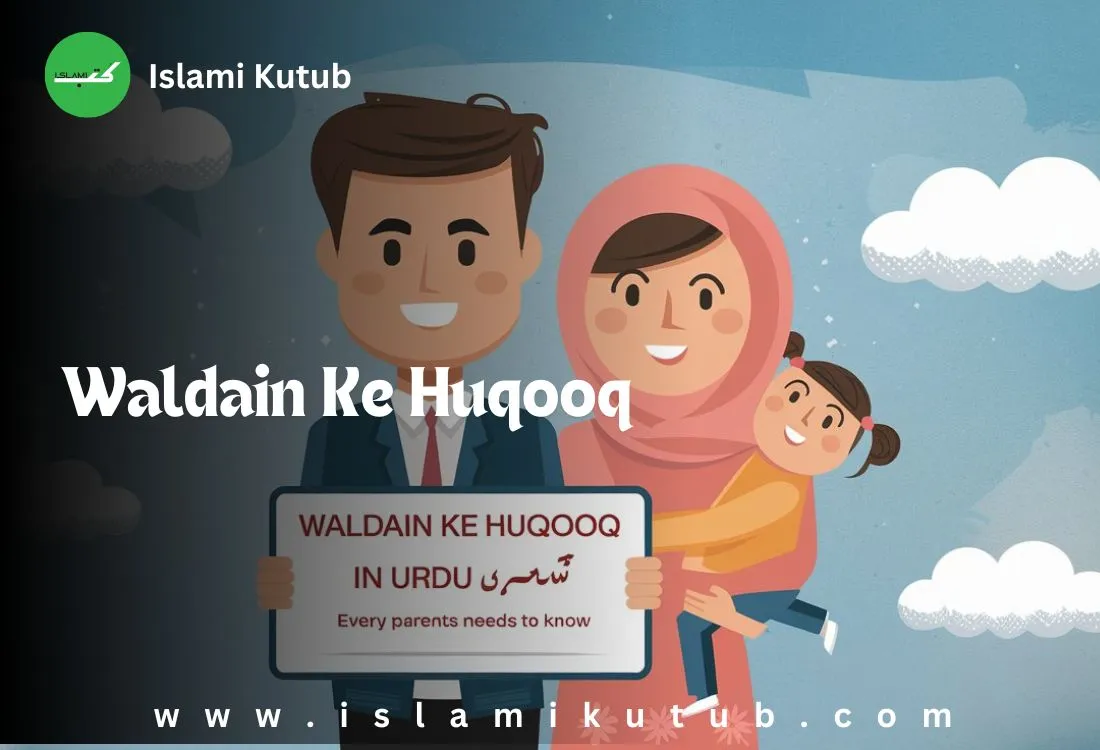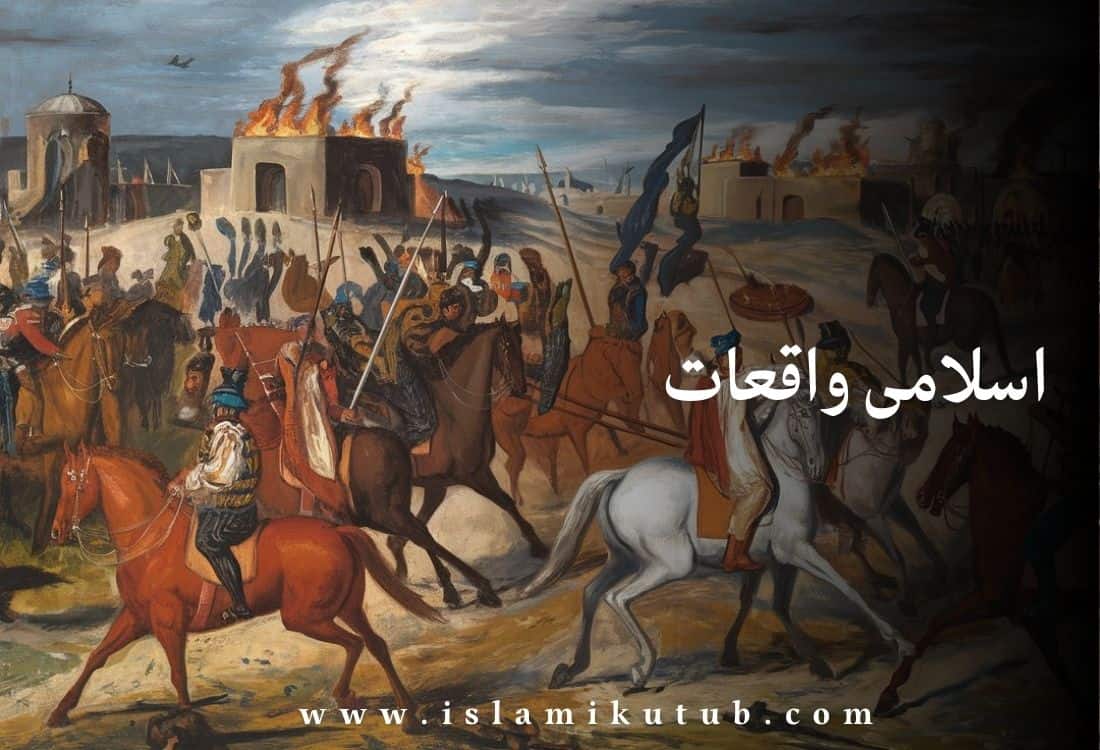
Parents play a vital role in society, nurturing and guiding their children as they grow. Their sacrifices often go unnoticed, but Waldain Ke Huqooq in Urdu – Every Parents Needs to Know is essential for ensuring they receive the respect and care they deserve, especially as they age. This article explores the importance of these rights, their legal protections, and how children can honor their parents effectively.
Parents dedicate their lives to the well-being and happiness of their children. Their sacrifices—whether financial, emotional, or physical—create a foundation for a child’s future. It is crucial for children to recognize and appreciate these sacrifices.
For instance, consider the story of Ali, a young boy who noticed his mother tirelessly working to provide for their family. As he observed her sacrifices, he felt a deep sense of gratitude. Determined to repay her love, Ali decided to focus on his education and support her as soon as he could. This kind of awareness is essential; recognizing the hard work and love of parents lays the groundwork for a respectful relationship.
Understanding the legal framework surrounding Waldain Ke Huqooq helps reinforce their importance. Various laws exist to protect these rights, ensuring that parents are treated with dignity and respect. In many countries, these laws serve as a safeguard against neglect and abuse, encouraging a supportive family environment.
Waldain Ke Huqooq in Urdu – Every Parents Needs to Know Unfortunately, some children fail to uphold their parents’ rights, which can stem from various factors:
Acknowledging and responding to the love that parents provide is a fundamental duty for children. Here are steps that can help in nurturing this relationship:
In many regions, laws are in place to protect Waldain Ke Huqooq. These laws can vary significantly, but they generally serve to ensure that parents are treated with respect and dignity. For example:
Increasing awareness about Waldain Ke Huqooq is vital for fostering a supportive family environment. Here are some effective strategies to promote this awareness:
Waldain Ke Huqooq in Urdu – Every Parents Needs to Know Real-life stories can shed light on the significance of respecting parents’ rights. Fatima made it a point to have regular family dinners, where they could discuss their lives and share experiences. This practice not only strengthened their bond but also provided her parents with a sense of belonging and love.
Another example is that of Ayesha, who, after finishing her education, decided to move back in with her parents to care for them as they aged. This decision not only helped her parents physically but also emotionally, as they felt supported and cherished.
Understanding and respecting parents’ rights is crucial for nurturing healthy family dynamics. By recognizing their sacrifices and ensuring their well-being, children can contribute to a more compassionate and loving family environment.
In conclusion, it’s essential to appreciate the role parents play in our lives. For more information about Waldain Ke Huqooq in Urdu—Every Parent Needs to Know, consider exploring various online Islami Kutub Blogs that provide additional insights and support.
This article serves as a reminder that honoring parents is not merely a duty but a privilege. If you found this information helpful, please share your thoughts and experiences regarding your relationship with your parents. Your insights could inspire others to reflect on their family dynamics and make positive changes.
Waldain Ke Huqooq translates to "Rights of Parents" in Urdu. It refers to the moral and legal obligations that children have towards their parents, emphasizing respect, care, and support. This concept highlights the sacrifices parents make for their children and underscores the importance of recognizing their contributions throughout life. Upholding these rights fosters strong family bonds and ensures that parents receive the dignity and care they deserve, especially as they age.
Huqooq refers to rights and can be categorized into several types:
Each type underscores the ethical and moral responsibilities individuals have in society.
Huqooq is an Arabic term meaning "rights" or "entitlements." It encompasses the moral and legal responsibilities individuals have towards one another and society. In Islamic teachings, Huqooq emphasizes the importance of fulfilling obligations to God, parents, family, and the community. It highlights principles of justice, respect, and compassion, guiding individuals to live harmoniously and supportively within their social and familial relationships. Understanding Huqooq is essential for ethical conduct.
In Islam, Huqooq refers to the rights and responsibilities that individuals owe to God, themselves, and others. It encompasses various categories, including Huqooq Allah (rights of God), such as worship and obedience, and Huqooq Al-Ibad (rights of individuals), which focus on justice, respect, and compassion among people. Additionally, it includes specific rights like Huqooq Walidain (parents' rights) and obligations towards the community, promoting ethical behavior and social harmony.
Huqooq Allah refers to the rights of God, focusing on the duties of worship, obedience, and reverence that individuals owe to their Creator. This includes practices like prayer, fasting, and charity. In contrast, Huqooq ul Ibad pertains to the rights of individuals, emphasizing justice, respect, and kindness in human interactions. While Huqooq Allah addresses one's relationship with God, Huqooq ul Ibad governs social conduct and responsibilities towards fellow beings.
In summary, Waldain Ke Huqooq in Urdu – Every Parents Needs to Know is essential for fostering respect and care for parents, particularly as they age. This article emphasizes the significance of parents’ rights, legal protections, and the responsibilities children have to honor their parents. By acknowledging their sacrifices, providing emotional and financial support, and ensuring proper healthcare, we can strengthen family bonds. Ultimately, honoring parents is a privilege that enriches both their lives and our own. If you notice any mistakes or translation issues, please inform customer care to address them. If you find any mistakes or translation issues, please inform Us to fix this issue.



A lectus ac pulvinar tincidunt accumsan. Ullamcorper dolor at lectus ac, sed facilisis hac. Molestie aliquam ut blandit nibh vulputate lectus in sit. Egestas in dolor dui purus tincidunt eget cras nisl est aliquam ut blandit nibh vulputate lectus ullamcorper.
Stay connected with us for the latest updates on new arrivals, special offers, and insightful articles on Islamic literature. Subscribe now to enrich your journey with faith and knowledge!